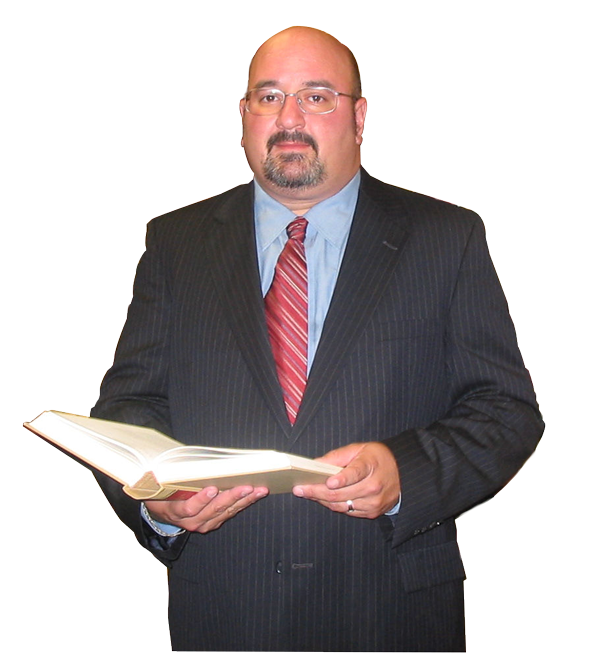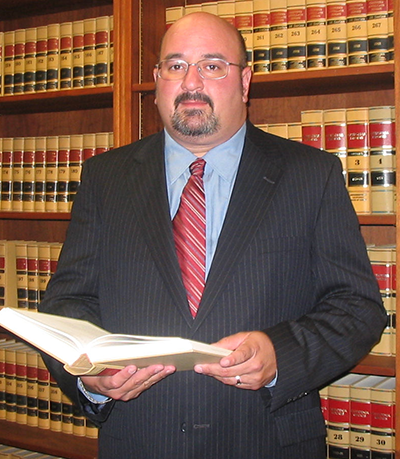3699 Wilshire Blvd. Ste 700, Los Angeles, CA 90010 Mon-Fri 9am-6pm +1-213-387-4508

Charles M. Green, APLC, your Trusted Advisors in LGBTQ Divorce Proceedings
Navigating through the process of divorce can be emotionally challenging and complex, even more so when you’re within the LGBTQ community. At Charles M. Green, APLC, we understand same-sex couples face unique legal considerations. With over 26 years of dedicated family law experience and a compassionate approach, we are here to guide you through every step of your LGBTQ divorce process in California, ensuring your rights are protected, and your voice is heard in this still-evolving area of California Family Law.
LGBTQ divorce, much like common California divorce cases, involves the dissolution of marriage, asset division, child custody considerations, and sometimes, spousal support. However, the nuances of same-sex divorces, from legal parentage issues to retirement benefits, demand a specialized understanding of both federal and California state laws. Our team, led by seasoned attorneys well-versed in LGBTQ family law, has successfully navigated numerous clients through the intricacies of their divorce proceedings, advocating for their rights and interests.
Same-sex couples may encounter specific challenges during divorce, including but not limited to:
Our approach is to offer clear, actionable guidance tailored to your specific circumstances, ensuring we have a fair and equitable solution for you.
In California, there are specific residency requirements for filing a divorce. At least one spouse must have been a state resident for six months and of the county where the filing is made for three months before filing for divorce. This residency requirement ensures that California courts have jurisdiction over the divorce proceedings. Importantly, these requirements apply to all divorces, including those involving LGBTQ couples.
For same-sex couples who were married in California but now reside in a state that does not recognize their marriage, California still allows for divorce filing, irrespective of current residency. This means that provided the couple is married in California, they can still file for divorce in California, regardless of where they currently live. This provision is particularly beneficial for same-sex couples who have moved to states that do not recognize their marriage.
In addition to marriages, California also recognizes domestic partnerships. California offers a simplified process for couples in domestic partnerships if the partnership is registered in California. Partners living outside California at the time of filing can still dissolve their partnership through California’s court system, even if their current state of residence does not recognize their legal relationship. This provision is essential for same-sex couples seeking to dissolve their ties legally and equitably.
California is recognized as a “no-fault” state, meaning that individuals seeking a divorce, including those in LGBTQ and same-sex marriages, do not need to prove wrongdoing or fault by the other party to obtain a divorce. This principle simplifies the divorce process for all couples, allowing for the dissolution of marriage based on irreconcilable differences. This framework ensures that the process respects the dignity of all parties involved, including those in same-sex marriages, by not requiring them to air personal grievances or assign blame as part of the legal proceedings.
In the context of LGBTQ divorces in California, the no-fault system is particularly beneficial, as it allows couples to focus on the equitable division of assets, child custody arrangements, and other practical aspects without the added stress of proving fault. This approach aligns with California’s progressive stance on marriage equality, providing a respectful and straightforward path toward resolution. For same-sex couples navigating divorce, understanding California’s no-fault laws can offer reassurance and clarity during what can be an emotionally challenging time.
A: LGBTQ divorces in California involve the same legal processes as any divorce, such as asset division and child custody. However, they can present unique challenges, like legal parentage and retirement benefits, requiring specialized understanding of both federal and state laws. Charles M. Green, APLC, brings over 26 years of family law experience to navigate these complexities compassionately.
A: Yes, for any divorce in California, including LGBTQ divorces, at least one spouse must have been a resident of the state for six months and of the county for three months before filing. This applies to all couples, ensuring California courts have jurisdiction over the proceedings.
A: California’s no-fault divorce law means that no spouse needs to prove the other’s wrongdoing to dissolve a marriage. This simplifies the process, allowing LGBTQ couples to focus on important matters like asset division and child custody without proving fault, aligning with the state’s stance on marriage equality.
A: Beyond divorce, LGBTQ couples have options like annulments, legal separation, and summary judgments. Annulments can declare a marriage never existed due to specific reasons, legal separation allows couples to live apart without ending the marriage, and summary judgments can resolve uncontested divorces efficiently.
A: Domestic partnerships in California offer similar legal rights as marriages but can sometimes be dissolved through a simplified process if certain criteria are met. This is not available for marriages, marking a key difference in handling domestic partnership dissolutions compared to divorces.
